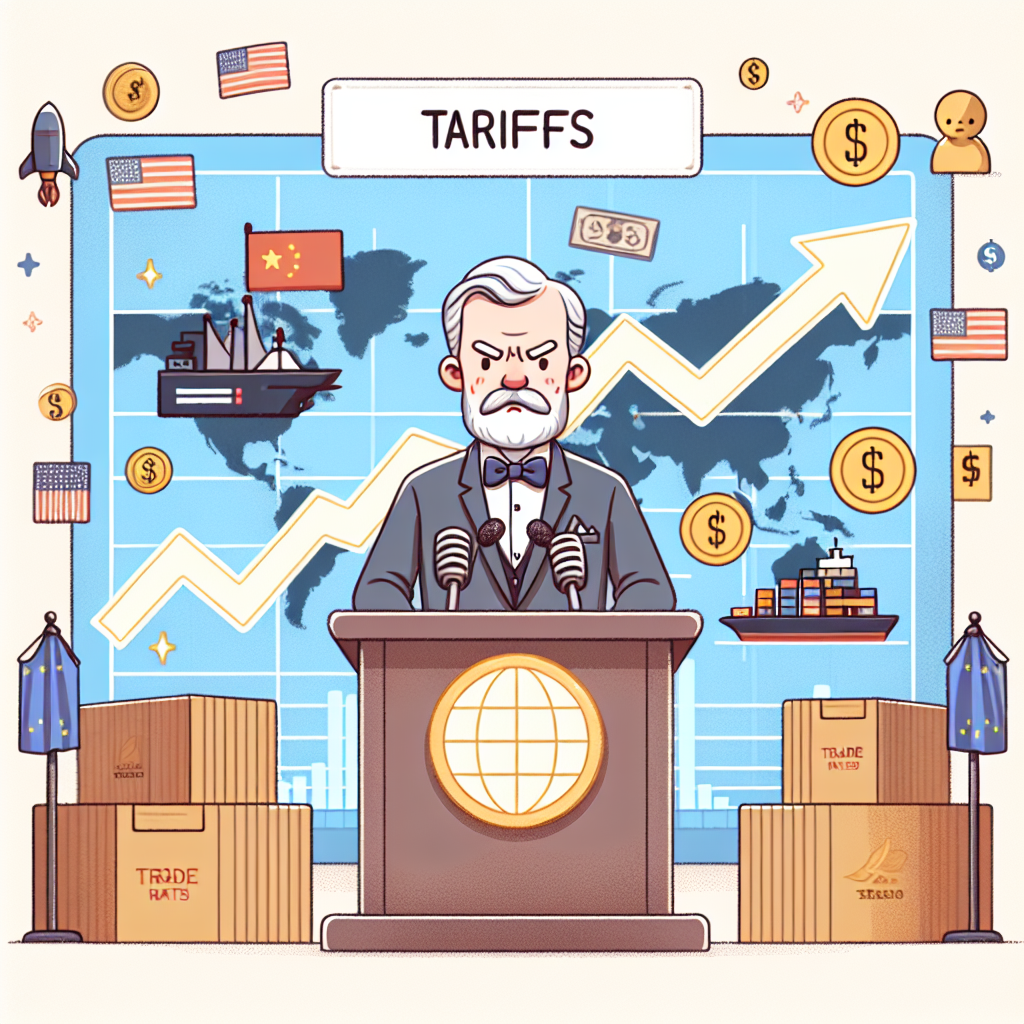Trade Tariffs Trigger Market Turmoil
Global markets experienced significant declines as President Trump announced reciprocal tariffs on countries imposing duties on U.S. goods. Stock indices fell sharply, driving investors towards bonds and gold. Experts express concerns over potential recession impacts while debating policy responses and investment strategies in this volatile environment.

In a move that sent shockwaves through global markets, President Donald Trump announced reciprocal tariffs to counter duties placed on U.S. goods by other nations. The unexpected announcement prompted a swift sell-off in stock markets, with the S&P 500 and Dow Jones declining by roughly 4%, while the Nasdaq dropped over 5.5%.
The market turbulence has left investors scrambling for safe havens, with a notable flight to bonds, gold, and the yen. Observers and financial strategists express concern about the economic volatility, noting how the unexpected tariffs could exacerbate inflationary pressures and potentially lead to a recession.
Analysts highlight the importance of geographical diversification to mitigate the impact on portfolios. They suggest that investors exercise caution as they await further clarity on negotiation outcomes, with many predicting a volatile market environment in the foreseeable future.
(With inputs from agencies.)
ALSO READ
Buffering Recessions: Self-Employment’s Role in EMDE Labor Market Stability
Wall Street Waits: Investors Brace for New Tariffs
Global Investors Eye Russia's Arctic Opportunities
Indian Investors Embrace AI and Financial Confidence Amid Debt Struggles
Foreign Investors Pull Back as U.S. Tariff Hikes Loom










